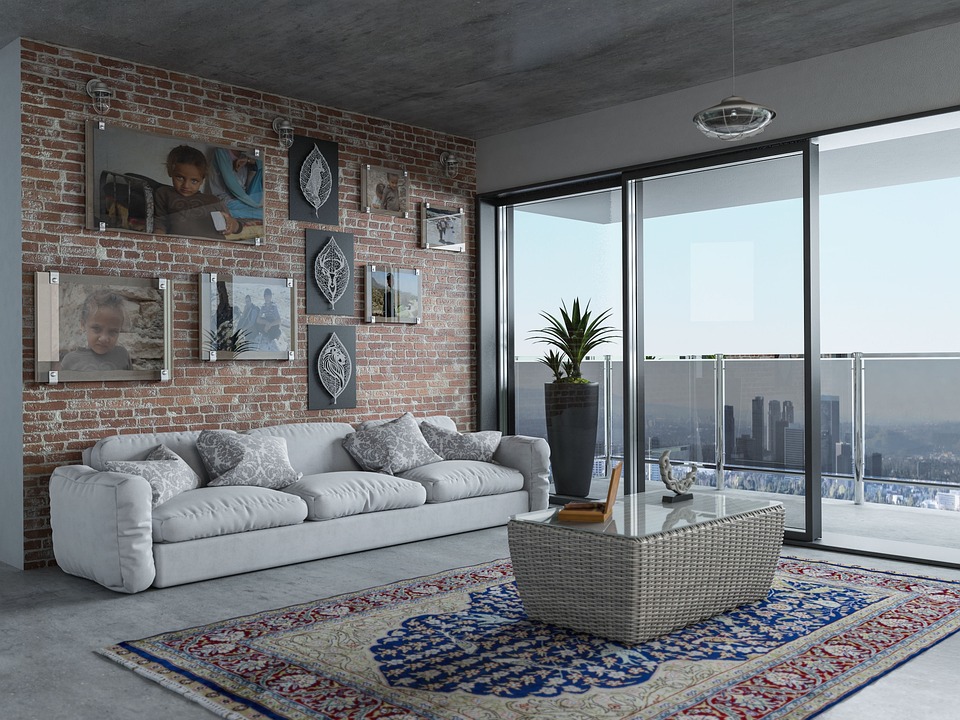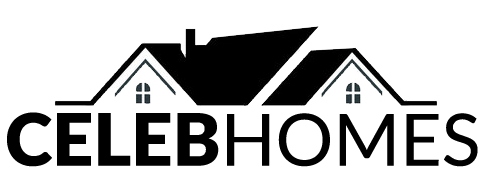
Buying a home is like a dream come true, but it takes years of financial planning to turn it into a reality. While getting financing for your home today is very difficult at all, most banks and financial institutions will only cover about 85% to 90% of your home price. This means you have to come up with the remaining 10% to 15% on your own- the down payment.
Depending on the final price of your home, this could be a lot of money. Only after you have made the down payment for your new home will the financer go through the documents, your employment status, and repayment capacity and approve the loan.
Here are some down payment options you may consider for coming up with the down payment amount.
- Saving for the Down Payment
The larger is the amount of your down payment, the less you have to borrow, and the lower will be your EMIs when you calculate the interest. If you know you will buy a home sometime in the future, you should start saving for it early.
Cut down on all secondary expenses to increase your corpus of savings. The more you save, the more you will be able to pay when you finally select your first home.
- Borrow Against Your Insurance
If you have some life insurance policies, you could try and borrow money against them. In that case, the benefit from the insurance would go to your creditor on maturity. While that might mean losing your insurance, you will still get your own house. Once you have acquired the asset, you can hope to make some money out of it by renting it out and regaining the money from the insurance. It might take a few years, but you will be able to work it out with prior planning. Moreover, by making timely payments on your insurance, you also increase your credit score, increasing the chances of getting approved for a loan.
- Invest Wisely
When you think of buying your home, start investing as soon as you start your first job. Set aside some money each month so that by the time you are ready to buy your first home, an amount is waiting for you, which you can withdraw from. You can use the money to make your down payment and then apply for a loan for the remaining amount.
Choose an investment scheme that will give you a sizable return within the next three or five years, just when you are ready to buy your home. You can use your retirement savings scheme or even a shared equity mortgage for the down payment.
With these down payment options, you will have practically booked your home. The rest is merely making financial arrangements so that you can keep on paying the EMIs till the mortgage for the balance amount is paid off. It might seem like a difficult task at first, but by the end of it all, you will be the proprietor of your own house, and the feeling is unparalleled, making all the effort worth it.
